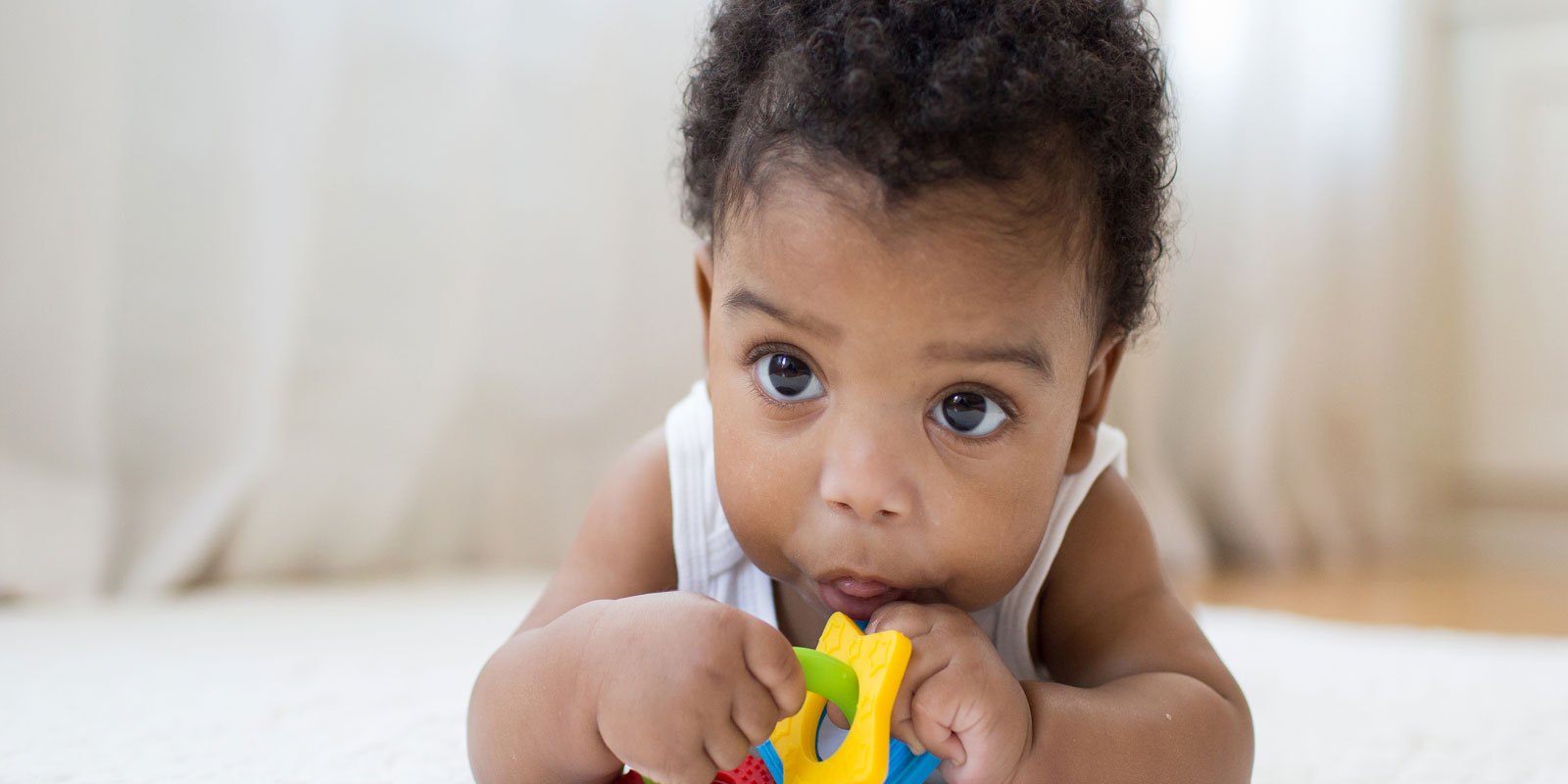 Source: bing.com
Source: bing.comTable of Contents
Introduction
Watching your baby grow and develop is one of the most exciting and rewarding experiences of parenthood. From their first smile to their first steps, every milestone is a reason to celebrate. But what exactly should you expect when it comes to your baby’s physical development? In this article, we’ll take a closer look at the key milestones and offer some tips to help you support your baby’s growth and development.
The First Year: Milestones by Month
During the first year of life, your baby will undergo a remarkable transformation, growing and developing at an astonishing rate. Here’s what you can expect during each month:
Month 1
During the first month, your baby will typically be focused on eating, sleeping, and adjusting to life outside the womb. They may have some early reflexes, such as the sucking reflex, and they may be able to lift their head briefly when lying on their stomach.
Month 2
By the second month, your baby may start to smile in response to your face or voice. They may also be able to hold their head up for short periods of time when sitting with support.
Month 3
During the third month, your baby may start to grasp objects and hold onto them briefly. They may also be able to roll from their tummy to their back.
Month 4
At four months, your baby may start to babble, making cooing and gurgling noises. They may also be able to grasp objects and hold onto them for longer periods of time.
Month 5
By five months, your baby may start to sit up with support, and they may be able to roll from their back to their tummy.
Month 6
At six months, your baby may start to reach for objects with one hand and transfer objects from one hand to the other. They may also be able to sit up without support for short periods of time.
Month 7
During the seventh month, your baby may start to crawl, either by scooting on their stomach or by getting up on their hands and knees.
Month 8
By eight months, your baby may be able to pull themselves up to a standing position while holding onto furniture. They may also start to develop a pincer grasp, using their thumb and forefinger to pick up small objects.
Month 9
At nine months, your baby may start to cruise, moving along furniture while holding onto it for support. They may also start to wave goodbye and clap their hands.
Month 10
During the tenth month, your baby may start to take their first steps, either by walking while holding onto furniture or by taking a few independent steps.
Month 11-12
By the eleventh and twelfth months, your baby may be walking independently and exploring their environment with increased mobility and curiosity.
Tips for Supporting Your Baby’s Development
As a parent, there are many things you can do to support your baby’s growth and development. Here are some tips:
Be responsive:
Respond to your baby’s cues and needs quickly and consistently. This will help them feel secure and develop trust in you.
Provide plenty of tummy time:
Giving your baby plenty of time to play on their tummy can help them develop strong muscles and coordination.
Play and interact:
Engage with your baby through play, talking, and singing. This can help stimulate their brain and promote language development.
Encourage exploration:
Provide safe, age-appropriate toys and objects for your baby to explore. This can help promote their curiosity and encourage them to learn through play.
Practice good nutrition:
Make sure your baby is getting the proper nutrition they need to support their growth and development.
Frequently Asked Questions
When should my baby start crawling?
Babies typically start crawling between six and ten months of age, although some may start earlier or later.
When should my baby start walking?
Most babies start walking between nine and fifteen months of age, although some may start earlier or later.
What can I do to help my baby develop strong muscles?
Providing plenty of tummy time and encouraging exploration and play can help your baby develop strong muscles and coordination.
How can I encourage my baby to talk?
Engaging with your baby through talking, singing, and reading can help promote language development. Encourage your baby to make sounds and respond to your voice.
What kind of toys are best for my baby?
Toys that are safe, age-appropriate, and encourage exploration and play are best for your baby. Look for toys that are colorful, textured, and easy to grasp.In conclusion, every baby develops at their own pace, and it’s important not to compare your child to others. Celebrate each milestone as it comes and enjoy the journey of watching your baby grow and develop. With the right support, love, and care, your baby will continue to thrive and reach their full potential.
